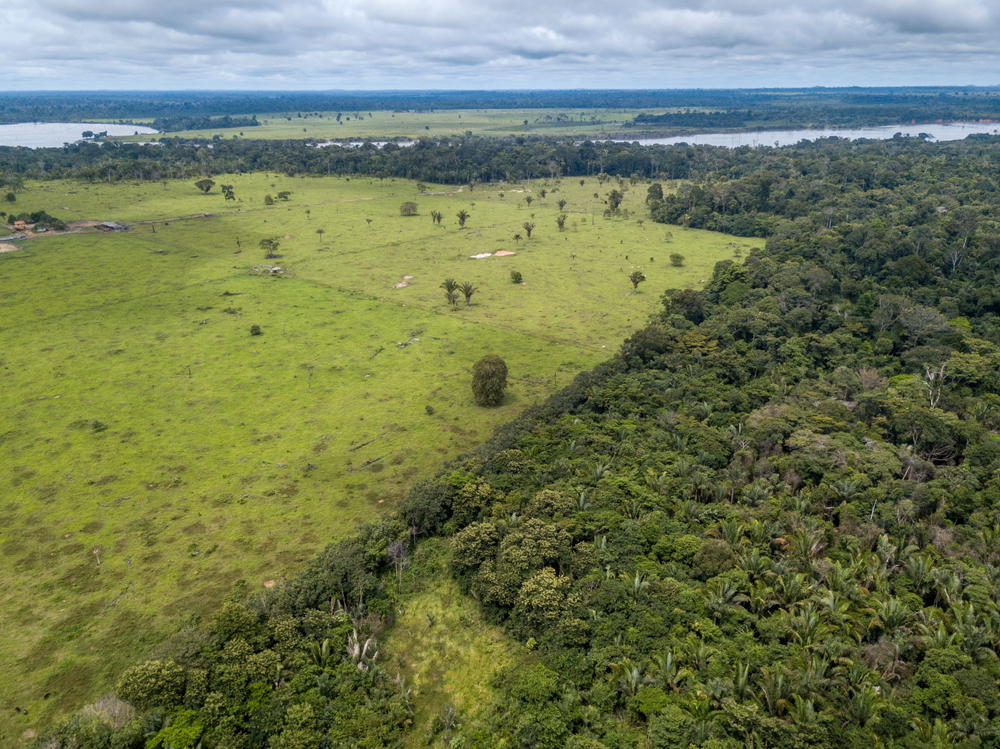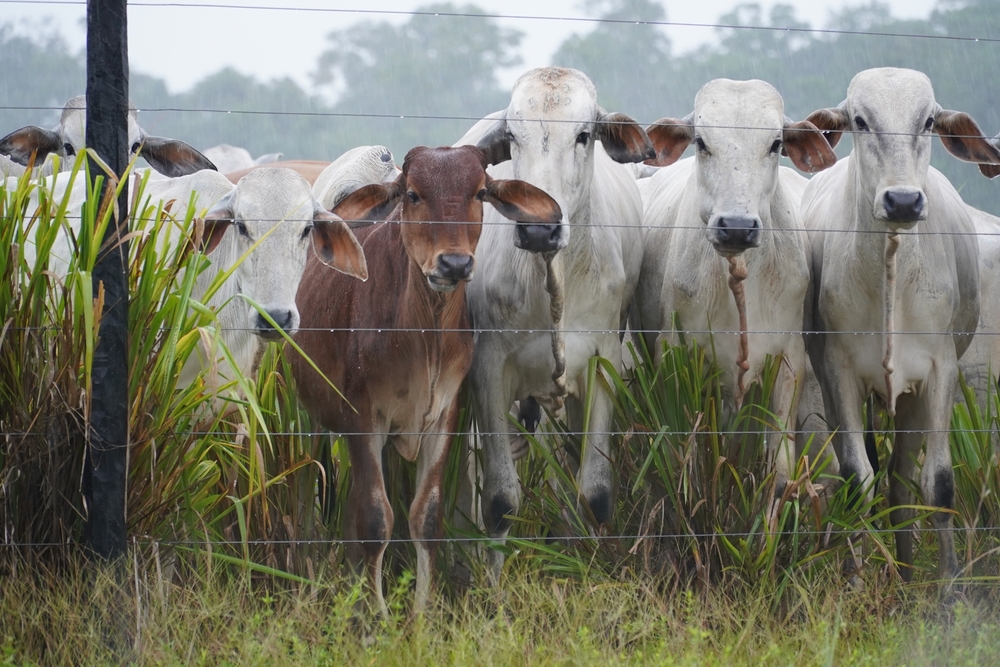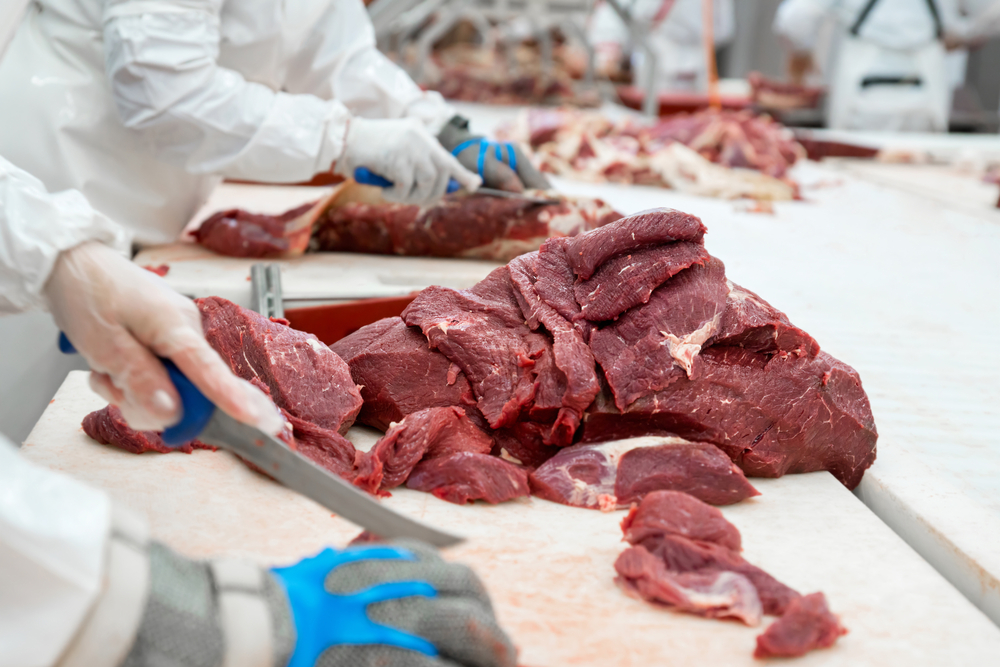Amazon Deforestation: Brazil’s Actions Against Meat Packers
São Paulo, Brazil – In a significant environmental enforcement move, Brazilian authorities have imposed multimillion-pound fines on several of the country’s largest meat-packing companies for purchasing cattle from farms linked to illegal Amazon deforestation.
This action forms part of Brazil’s intensified commitment to combat illegal land clearance and protect the Amazon, often called the “lungs of the Earth.” The fines, issued by the federal environmental agency IBAMA, followed a year-long investigation tracking the origins of cattle sold to major meat processors.

The investigation revealed that cattle were being raised on illegally deforested lands before being moved to legitimate farms—commonly known as “laundering”—to evade detection by authorities. This practice has been highlighted as a major driver of deforestation, responsible for the destruction of large swathes of the Amazon rainforest each year.
Brazil’s Ministry of the Environment confirmed fines exceeding £10 million against leading companies, marking one of the largest crackdowns in recent years. Ricardo Salles, Brazil’s Environment Minister, stated, “This should serve as a stark warning to the industry. We will not tolerate any activity that fuels illegal deforestation and undermines our national and global environmental commitments.”
Illegal Cattle Laundering in the Amazon
The Brazilian beef industry is among the largest in the world, and demand for Amazon land continues to surge. But rapid expansion has had a devastating environmental toll, with roughly 80% of deforested areas in the Amazon converted into pastureland for cattle. Environmental groups argue that lax monitoring, coupled with limited enforcement, has encouraged illegal land seizures and cattle laundering, which are difficult to trace along the complex supply chains that deliver meat from remote Amazon farms to international markets.

In recent years, global pressure on Brazil to halt Amazon deforestation has mounted, particularly from European and North American markets, where consumers increasingly demand proof that their meat purchases are not contributing to environmental harm. To address these concerns, many large Brazilian meat packers, including JBS, Marfrig, and Minerva, have made sustainability pledges to end deforestation in their supply chains. However, enforcement is an ongoing challenge.
Repercussions for the Meat Industry
The recent fines underscore the financial risk companies face if they fail to adhere to sustainability commitments. For some, the penalties come as a wake-up call. Several major supermarket chains and food suppliers worldwide have already responded by temporarily suspending purchases from the fined companies, citing the need for stricter compliance assurances. One UK-based retailer stated, “We are committed to ethical sourcing and are in discussions with our suppliers to ensure that none of our products contribute to deforestation.”

Environmental advocates are optimistic that the fines will catalyse stronger measures across the beef industry, encouraging companies to improve their tracking systems and better monitor the origins of cattle in their supply chains. Some activists, however, argue that fines alone are insufficient, urging Brazil’s government to implement real-time satellite monitoring and stricter penalties to deter illegal deforestation.
A Global Impact on Consumer Choices
The crackdown may further impact the global meat industry as consumers grow more conscious of environmental issues linked to food production. A 2023 study found that 55% of UK consumers are now more likely to avoid products linked to environmental destruction, with sustainably-sourced alternatives steadily gaining popularity.
As Brazil steps up its efforts to safeguard the Amazon, the message to the global meat market is clear: sustainable practices are no longer optional, and the stakes—for companies and consumers alike—are higher than ever.